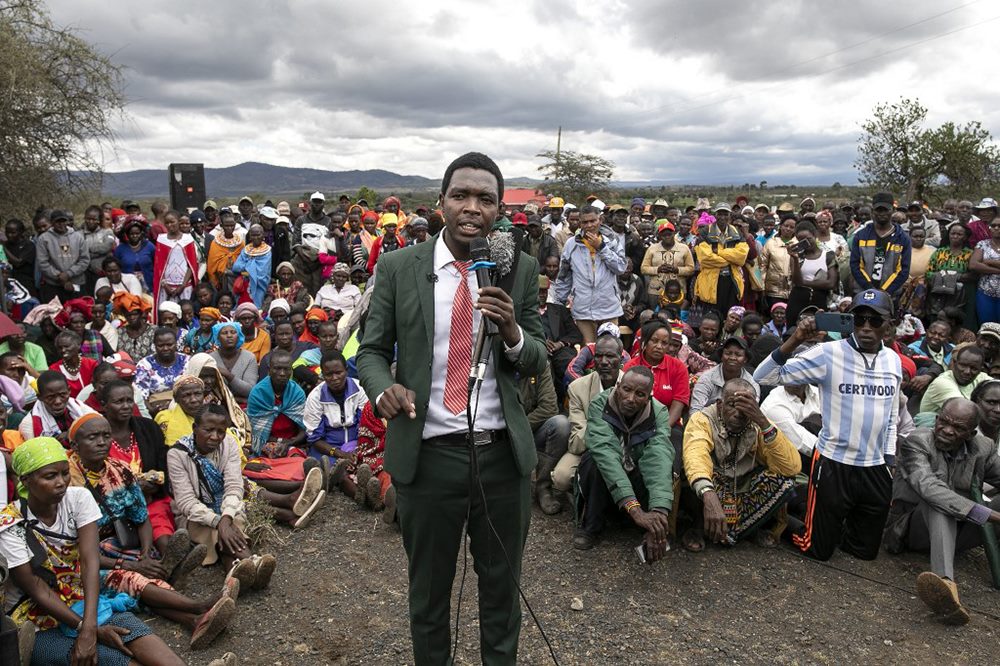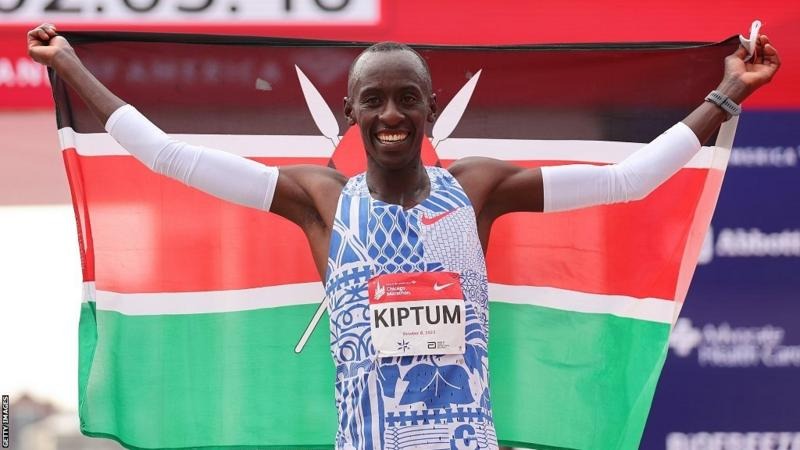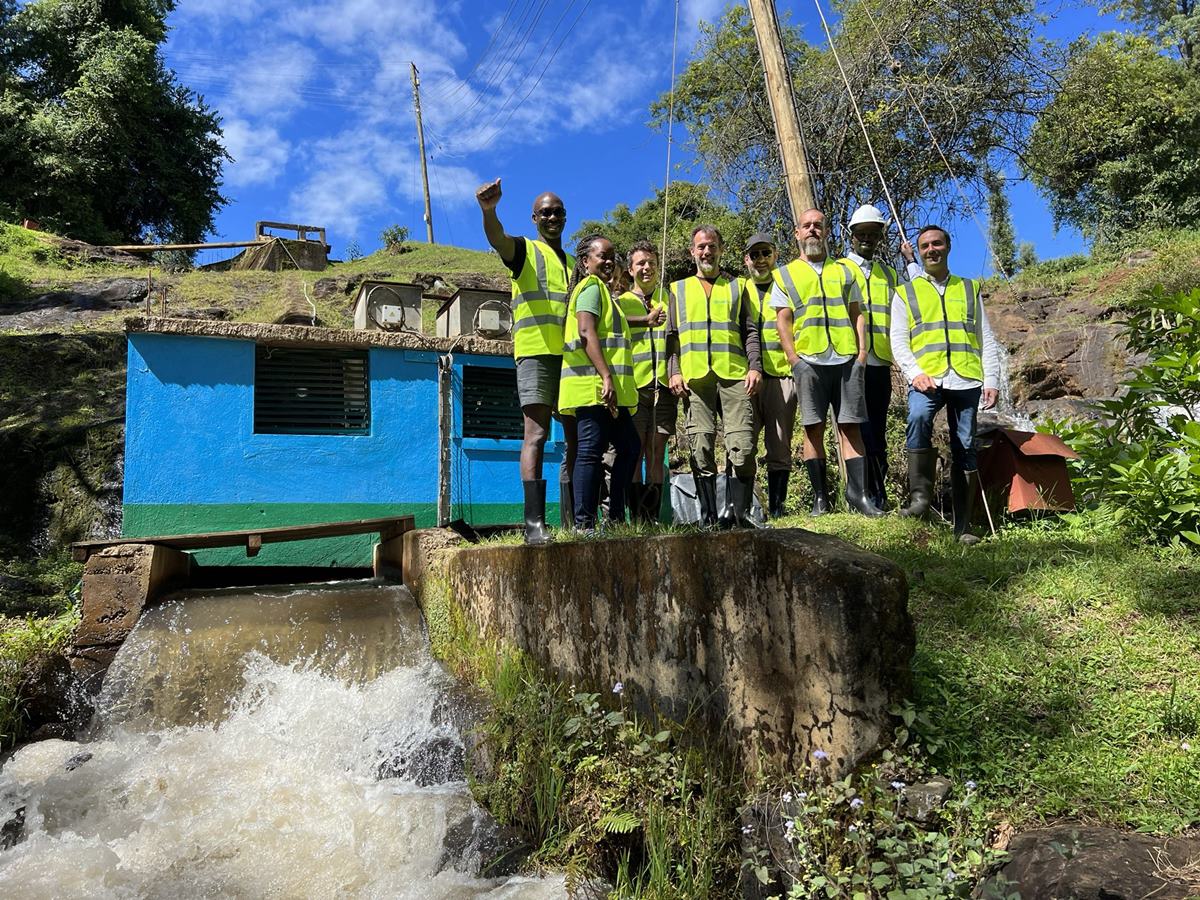In a significant development, a Kenyan court has ruled that the British Army must provide compensation for a massive fire that engulfed over 4,800 hectares of land during a military exercise conducted by the British Army Training Unit in Kenya (BATUK). However, residents in central Kenya are expressing their frustration over the lack of compensation two and a half years after the incident, just days before the anticipated visit of King Charles III.
The affected residents, through their lawyer Kelvin Kubai, voiced their concerns at a press conference, calling attention to the absence of compensation for the victims. Kubai read an “open letter to the British government” on behalf of the 7,000 plaintiffs, accusing the British Army of employing tactics reminiscent of colonial times to evade responsibility for the damage caused. The victims are seeking compensation not only for the environmental destruction but also for medical issues, including breathing difficulties and permanent eyesight problems resulting from the fire.
The letter highlighted the plight of farmers who have been unable to recover their crops and livestock lost in the devastating blaze. It criticized the intergovernmental liaison committee (IGLC), responsible for managing the compensation, for demanding further evidence of the damages suffered. The victims perceive this as an insult, arguing that the British Army destroyed the Kenyan environment and is now refusing to compensate them for their losses.
Expressing their frustration, the victims’ letter underscored the need for justice and urged the British government, as well as King Charles III, to treat Kenya as an independent nation and halt the colonial-era mindset. At the conclusion of the press conference, a group of protesters briefly disrupted traffic, chanting slogans such as “we want our money” and “the British must go.”
It is worth noting that King Charles III and Queen Camilla are scheduled to visit Kenya from October 31 to November 3. This will be King Charles’s first trip to a Commonwealth country since assuming the throne last year. While the royal visit includes Nairobi and the port city of Mombasa, the town of Nanyuki, where the BATUK is located, is not on the itinerary.
The BATUK military base has long played a significant role in the local economy, but it has also been involved in several controversies in the area. One notable case is the unsolved death of Agnes Wanjiru in 2012, who was reportedly last seen with British soldiers at a hotel in Nanyuki before her body was found in a septic tank. The British government has pledged cooperation with the Kenyan investigation, although no public outcomes have been disclosed thus far.




